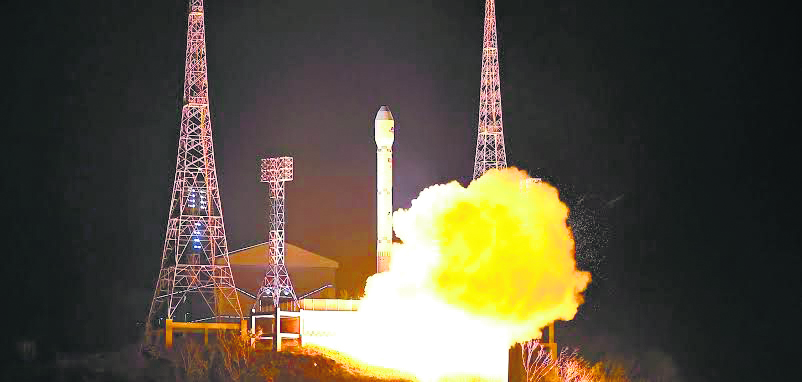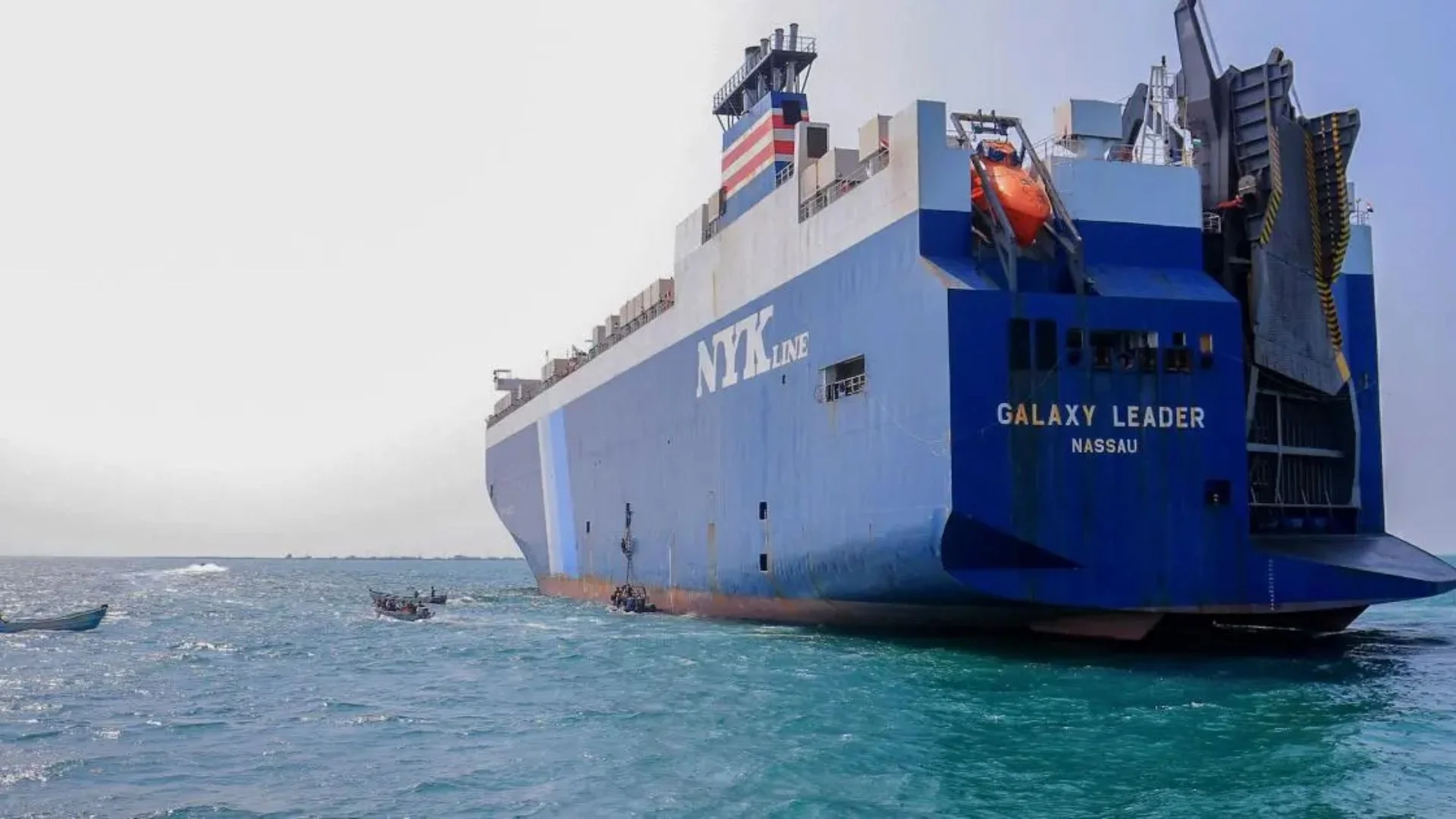South Korea has decided to delay the scheduled launch of its first military spy satellite, originally planned for this Thursday, following North Korea’s recent claim of placing its own spy satellite into orbit. South Korea, under a contract with SpaceX, aims to launch five spy satellites by 2025, with the first launch scheduled using SpaceX’s Falcon 9 rocket at California’s Vandenberg Air Force Base. The South Korean Defense Ministry cited weather conditions for the delay, tentatively rescheduling the launch for this Saturday, although it remains an unsettled date.
Currently lacking its own military reconnaissance satellites, South Korea relies in part on US spy satellites to monitor North Korea’s activities. After two earlier launch failures this year, North Korea asserted the successful placement of its “Malligyong-1” spy satellite into orbit on 21 November. South Korea has confirmed the satellite’s entry into orbit but requires more time to verify its functionality.
The recent North Korean satellite launch has drawn strong condemnations from South Korea, the US, Japan, and other nations. The launch is in violation of UN Security Council resolutions prohibiting North Korea from conducting any satellite liftoffs, considering them disguised tests of the country’s long-range missile technology.
North Korean leader Kim Jong Un has publicly pledged to introduce high-tech weapons systems, including spy satellites. Over the past year, North Korea has carried out approximately 100 ballistic missile tests as part of efforts to modernize its weapons arsenal, targeting both South Korea and the United States.
In response to North Korea’s actions, South Korea and the United States have expanded their military training and increased the “regular visibility” of US strategic assets, including aircraft carriers, nuclear-capable bombers, and a nuclear-armed submarine, in the Korean Peninsula region.

















